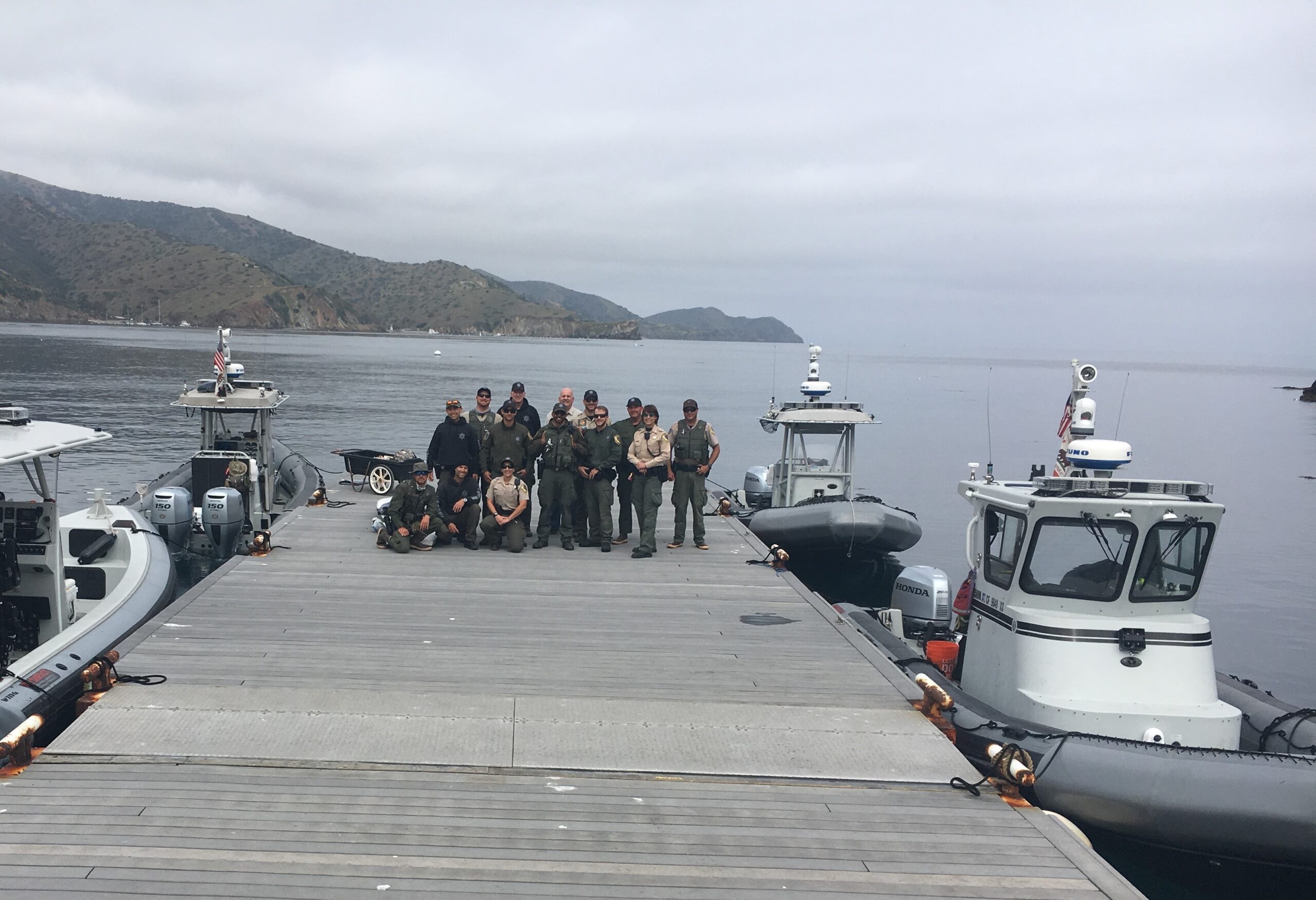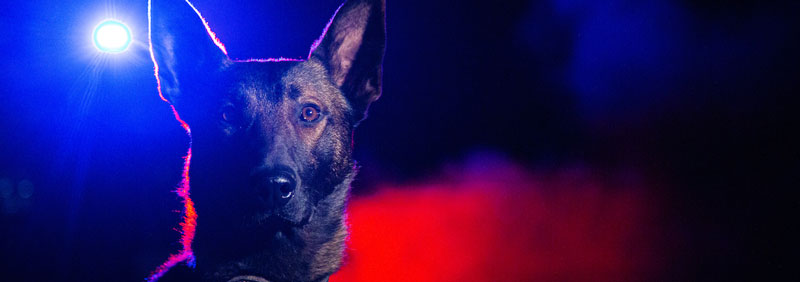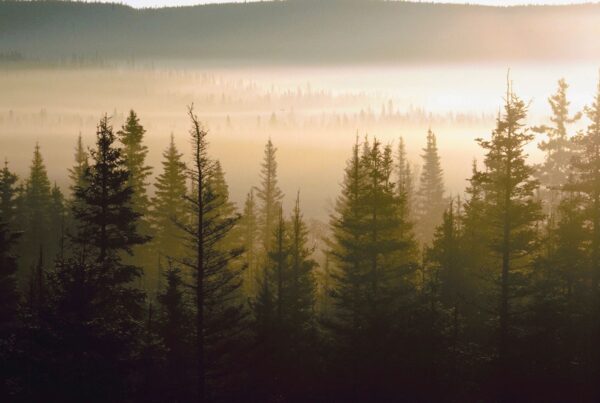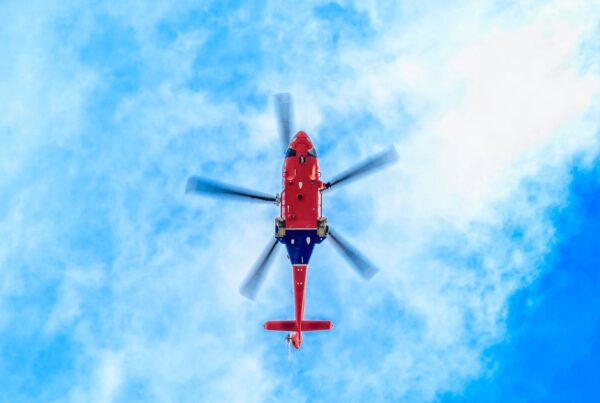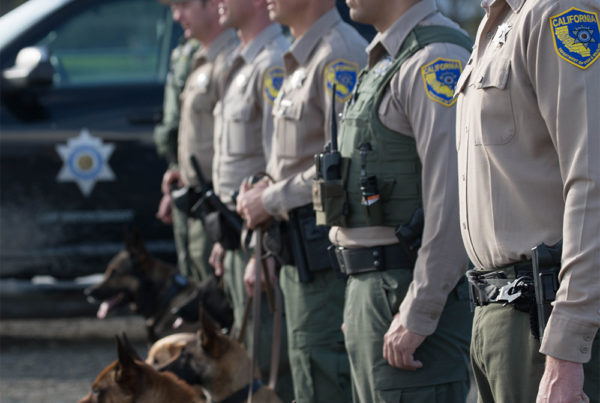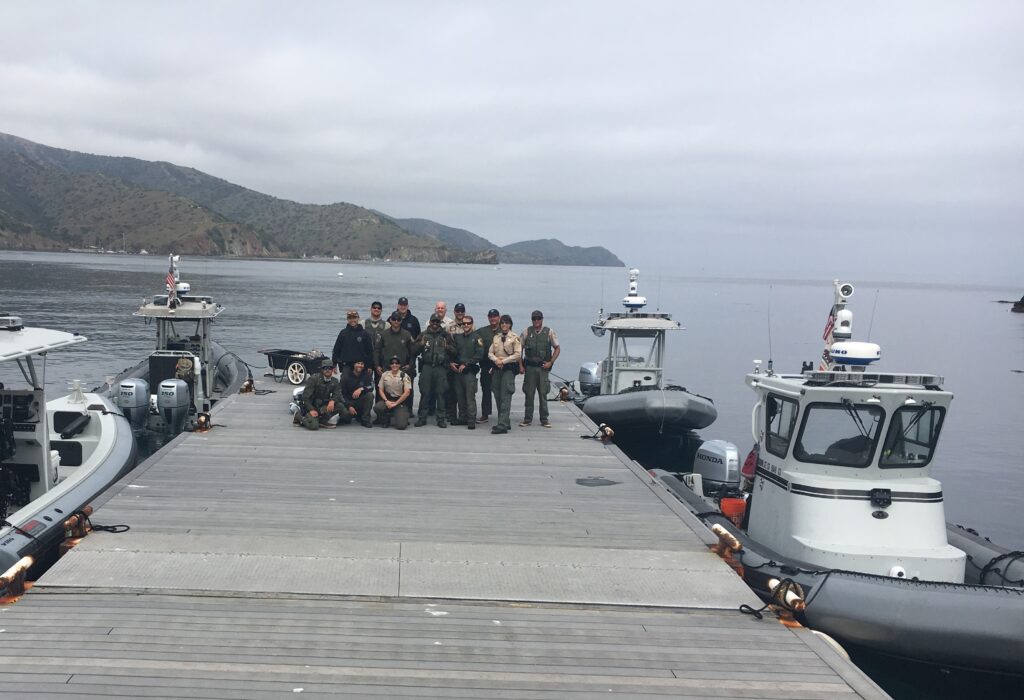
Captain Rebecca Hartman, California Department of Fish and Wildlife
CalWOF is working to support the fish and wildlife officers that serve the beautiful state of California. Rebecca Hartman of the California Department of Fish and Wildlife was kind enough to share her experience transitioning from biologist to wildlife officer and the importance of the work that game wardens do every day.
______________________________________________________________________________________________________________________
Who are you and what is your role with the California Department of Fish and Wildlife?
My name is Rebecca Hartman. I am a captain and I oversee the Wellness Program that the department has recently created, as well as risk management and policy development.
What inspired you to follow this career path?
I’ve always been interested in the ocean and marine animals and decided that I wanted to be a marine biologist. When I was going to Cal State Long Beach, I was looking for internship programs and found one with the department. I learned more about what the department was and had to offer and then found out what a game warden was. Watching the game wardens work out in the field just completely seemed like the most fun and rewarding job I could think of. I watched a lot of violations happen while I was out in the field, and that was frustrating. Just as a biologist, I was out there documenting the resources and what the fishermen were doing different things like that. I felt like what I was documenting was how much poaching was going on. So as I sat out there as a biologist and learned the regulations and watched what was happening, that made me want to do something more. That’s ultimately what led me to become a game warden.
What was the most memorable day that you’ve had on the job?
I think my most memorable day was probably a Sunday evening at the LAX Airport. I had been hearing about poachers taking baby leopard sharks off the coast during summer nights, and supposedly they were cutting the mothers open and taking the babies out and selling them internationally for the aquarium trade. For weeks, I had not been able to find them in the field. I figured out that most of the live-fish shipments that get sent out go out on a Sunday night, so I began going through the outgoing shipments at LAX. One night I ended up finding boxes full of juvenile leopard sharks. I was able to trace those back to the person that was shipping them and their warehouse. Those people were so frustrated that they were caught that they said, “Why don’t you go bust this other person” and gave me the address of another warehouse where I found some in covered tanks hidden in the back. The second warehouse was a much larger-scale operation, that crossed state lines, and provided an opportunity to work with USFW on a successful investigation that took over a year to untangle. I think that was probably my most rewarding day, finally being able to crack that case.
A close second would be the first dove season opener I worked. I came across a father and young son in the field. When I went to check their licenses, the father said that he was the only one hunting, since his son’s gun was jammed and he hadn’t been able to fix it. After checking both of their licenses, I asked if I could take a look at the son’s gun. I was able to field-strip it, reassemble it, and hand the son back a functioning shotgun. It was a great contact.
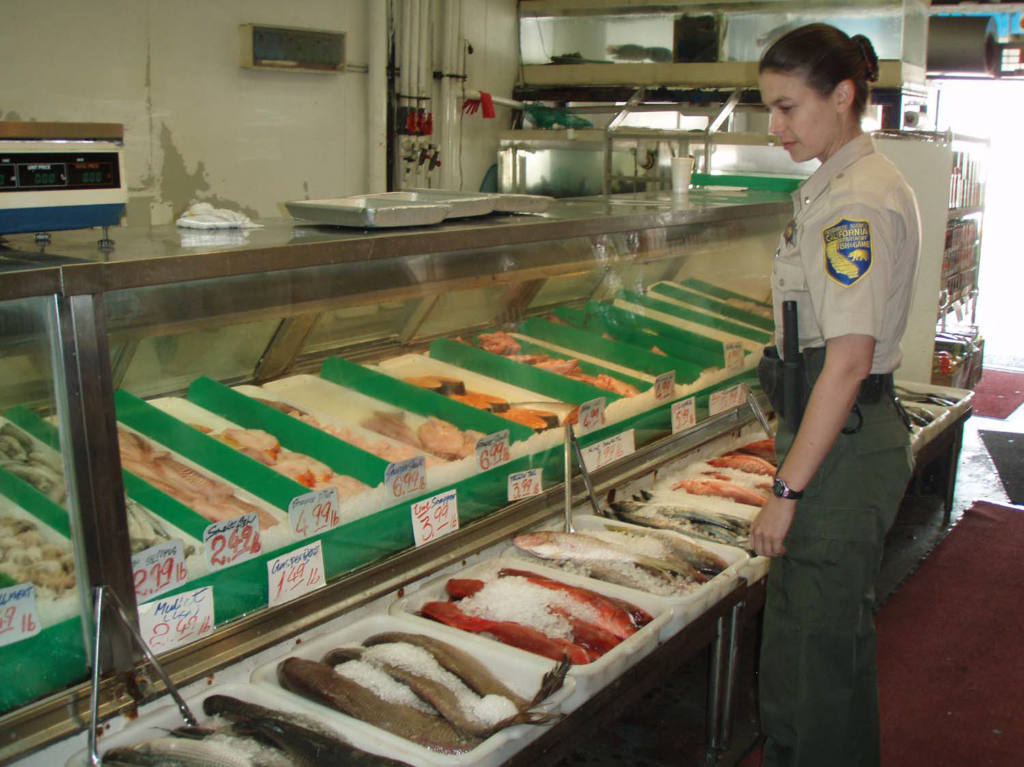
What would you say is the most challenging aspect of your position?
The most frustrating thing is when someone assumes that your intentions… I became a game warden because I wanted to do good. I wanted to protect the resources and people, and so I think one of the most frustrating things or challenges of the job would be when you’re dealing with somebody in the field who is, treating you poorly but if they actually knew the big picture, they would understand that you’re on the same team, that you are trying to fight for the resources, their ability to hunt, their ability to fish and to be out there and enjoy the natural resources. That’s what I, as a “game warden” am trying to do. So when you’re met with resistance or bad attitudes, it’s frustrating because we’re out there for them. I would say that frustration carries over to being a supervisor and a captain, right? Is the idea that I am in it for the “greater good” and I know the public sometimes doesn’t recognize that and coworkers don’t relate to that. Fortunately, I can count the number of negative contacts I’ve had on one or two hands. We have hundreds of people that are great to interact with, that are having an amazing time and are excited to see us and show us what they’ve got or shot. We get to see kids out enjoying time with their parents. Plus, we get to be outside!
What is one interesting thing about the job as a game warden that you wish that more Californians knew?
How much wildlife we have in California — I was raised inland and I didn’t get to go to the ocean very often. It wasn’t until I wanted to become a game warden that I realized that we have lobster off of our coast. I am sure that there’s plenty of the population here in California that has no idea that we have lobster. We have scallops. It’s just amazing, the different plants, the diversity of climates that we have and the fact that game wardens protect all of those different aspects of it, from the animals themselves to the habitat that they’re in and cleaning up and preventing pollution incidents. That is the big thing, people realizing what is out there that we are protecting.
What would you say is the most rewarding aspect of your position as a captain?
Well, the most rewarding thing for me in the position that I’m in is I have been given the opportunity to be the wellness program coordinator. I get phone calls from different game wardens, different supervisors, letting me know that an officer is having some personal struggles in their lives. All of us deal with different illnesses, family members passing away, car accidents, all these different things that can have such a huge impact on us as individuals. And you know, I think possibly because of COVID and all of the changes that it’s caused, it’s making everybody kind of stop and step back and realize what an emotional impact these personal and work exposures to different events can have on us. So for me, I am able to facilitate getting that person resources or just facilitate them getting the phone call from somebody, a “check-in,” letting them know that there are resources out there like CalWOF that can help with financial issues if they have them and just making sure that everybody has each other’s back. That is by far the most rewarding part of my current position.
What else can you share about your experience as a Wildlife Officer?
I would say that one of the fondest memories that I have in this job were the different officers that stopped to talk to me when I was a biologist for the department, when I was curious about what game wardens did. There were so many of them that said, “Jump in the truck, let’s go. We’ll take you on a ride-along.” There were plenty that wouldn’t, but there were plenty that I could talk into it with some persistence. It went from that type of mentoring to my first training officers — Every game warden goes through a police academy in California, and then they go through three different training cycles with different officers who train them, but also critique them and make sure that they get passing scores and can become police officers for the state of California. I was always different in that I wasn’t raised in a hunting and fishing family. I know a lot of people are discouraged from becoming game wardens or feel like they shouldn’t even pursue it because they aren’t from a hunting and fishing background but from the beginning, those officers that mentored me, especially my first field training officer, who showed me how to use a spotting scope and teaching me the love of hunting and wildlife that I had, but hadn’t developed nearly as much. I just appreciate the game wardens that have that mentality, you know, that are wanting to share. They appreciate the natural resources and they want to share them with people, and teach them an appreciation of them. I think that that is so much more impactful and has been one of the rewarding things for me has been being able to be out in the field with these people and enjoying those moments with them.

